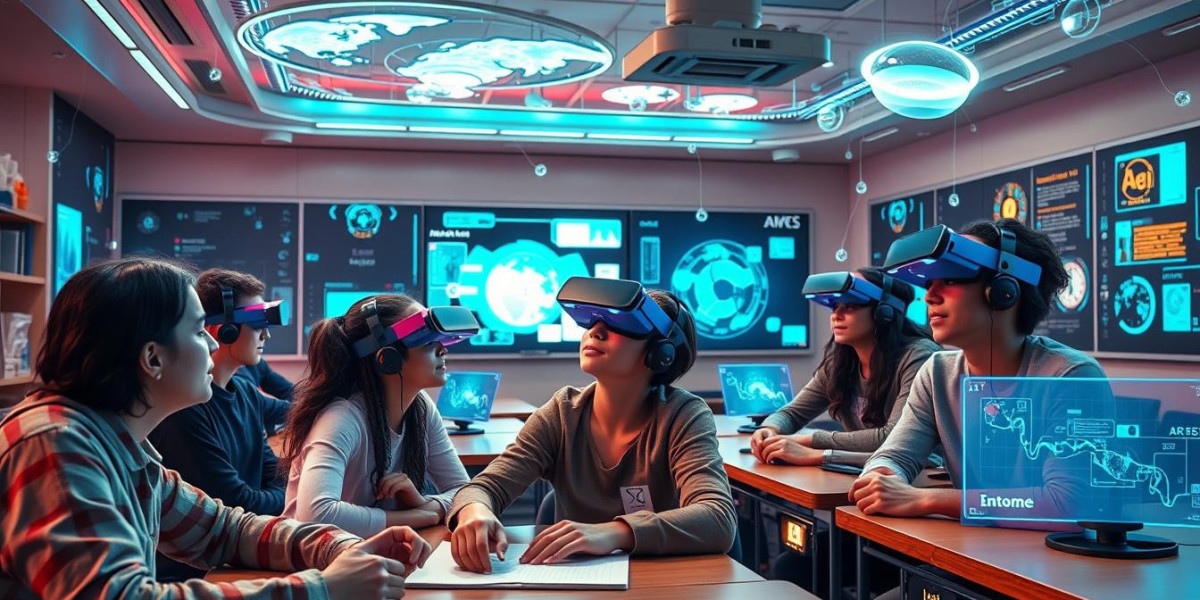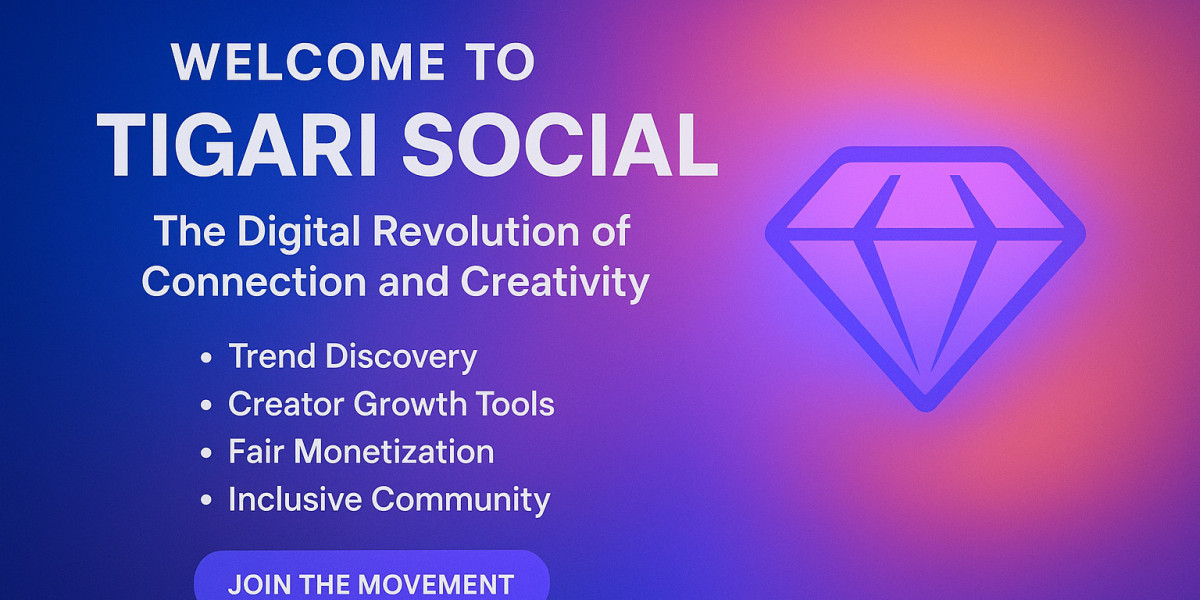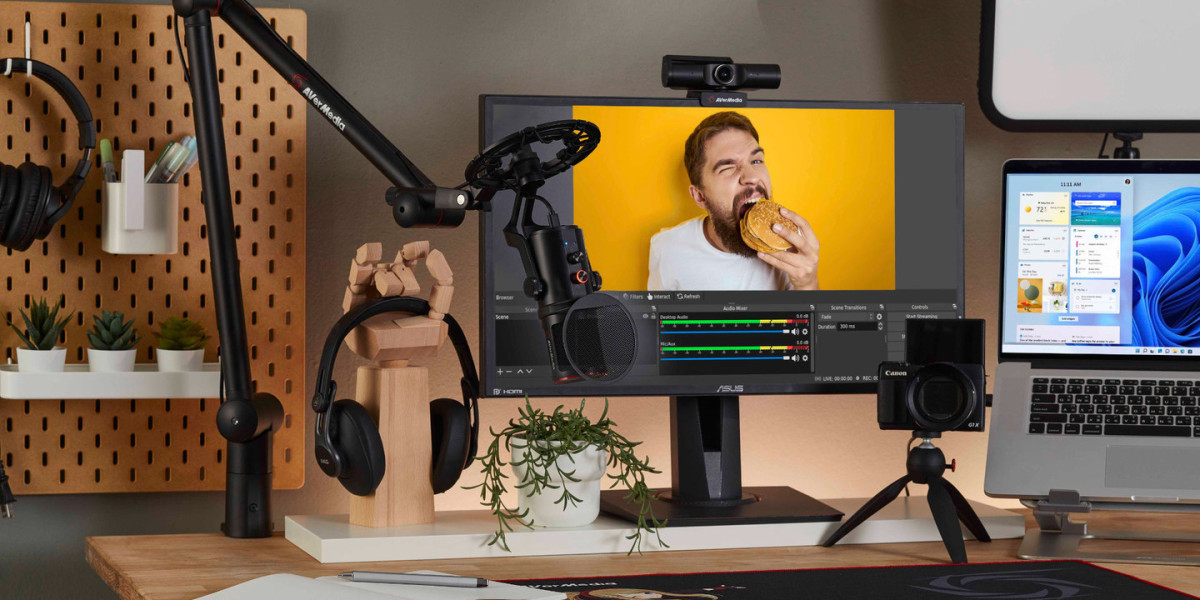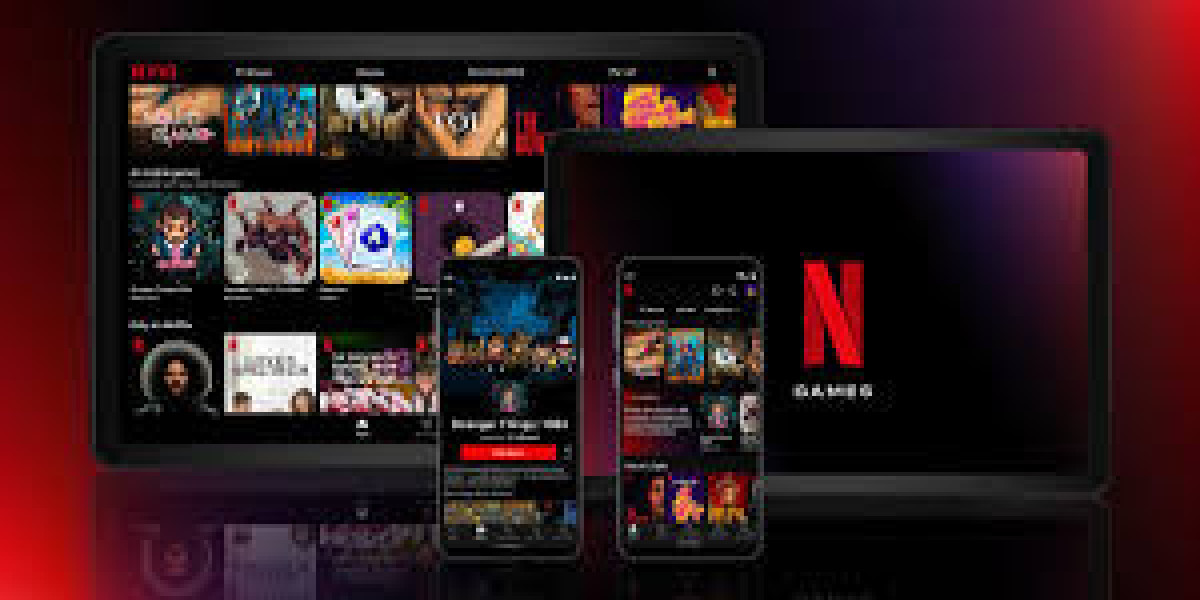For centuries, education has been seen as the foundation of personal and societal growth. But the way people learn has shifted dramatically in the last decade, and the changes are only accelerating. With technology becoming more integrated into daily life, the classroom of the future may look very different from what we know today.
The Rise of Online Learning
Online education platforms have transformed access to knowledge. Students no longer need to be in a physical classroom to gain high-quality instruction. Websites like Coursera, Udemy, and Khan Academy provide affordable or even free learning opportunities for millions worldwide.
This democratization of education means that anyone with an internet connection can acquire new skills — whether coding, language learning, or professional development — from the comfort of home.
Artificial Intelligence in Education
AI is beginning to play a vital role in shaping personalized learning experiences. AI tutors and adaptive software analyze how students learn best and adjust lessons accordingly. This ensures that fast learners can move ahead while struggling students receive additional support.
Chatbots and AI assistants are also helping teachers manage administrative tasks, freeing up more time for instruction and mentorship.
Virtual Reality and Immersive Learning
Virtual Reality (VR) and Augmented Reality (AR) are revolutionizing how students experience lessons. Instead of reading about ancient Rome, students can walk through a VR simulation of the Colosseum. Science students can conduct virtual experiments in labs that would otherwise be too costly or dangerous to recreate.
This immersive approach makes learning more engaging and memorable, sparking curiosity and creativity.
Lifelong Learning and Career Shifts
The modern workforce is evolving quickly, and people are changing careers more frequently than ever before. Lifelong learning is becoming essential, with adults returning to online courses to reskill or upskill. Employers now value adaptability and continuous education as much as formal degrees.
This shift means education is no longer something that ends at graduation; it’s a lifelong journey.
The Challenges Ahead
Despite the benefits, the future of education also faces challenges:
Digital Divide: Many students in rural or poor regions still lack access to reliable internet.
Screen Fatigue: Excessive online learning can harm concentration and mental health.
Equity: Ensuring technology enhances education for all, not just the privileged, is vital.
Governments and institutions will need to balance innovation with inclusivity.
Conclusion
Education is undergoing a revolution. Technology is making learning more personalized, immersive, and accessible. However, to unlock its full potential, society must ensure equal access and support for learners of all backgrounds. The classroom of the future may be digital, but its mission remains the same: to empower individuals and build stronger communities.







